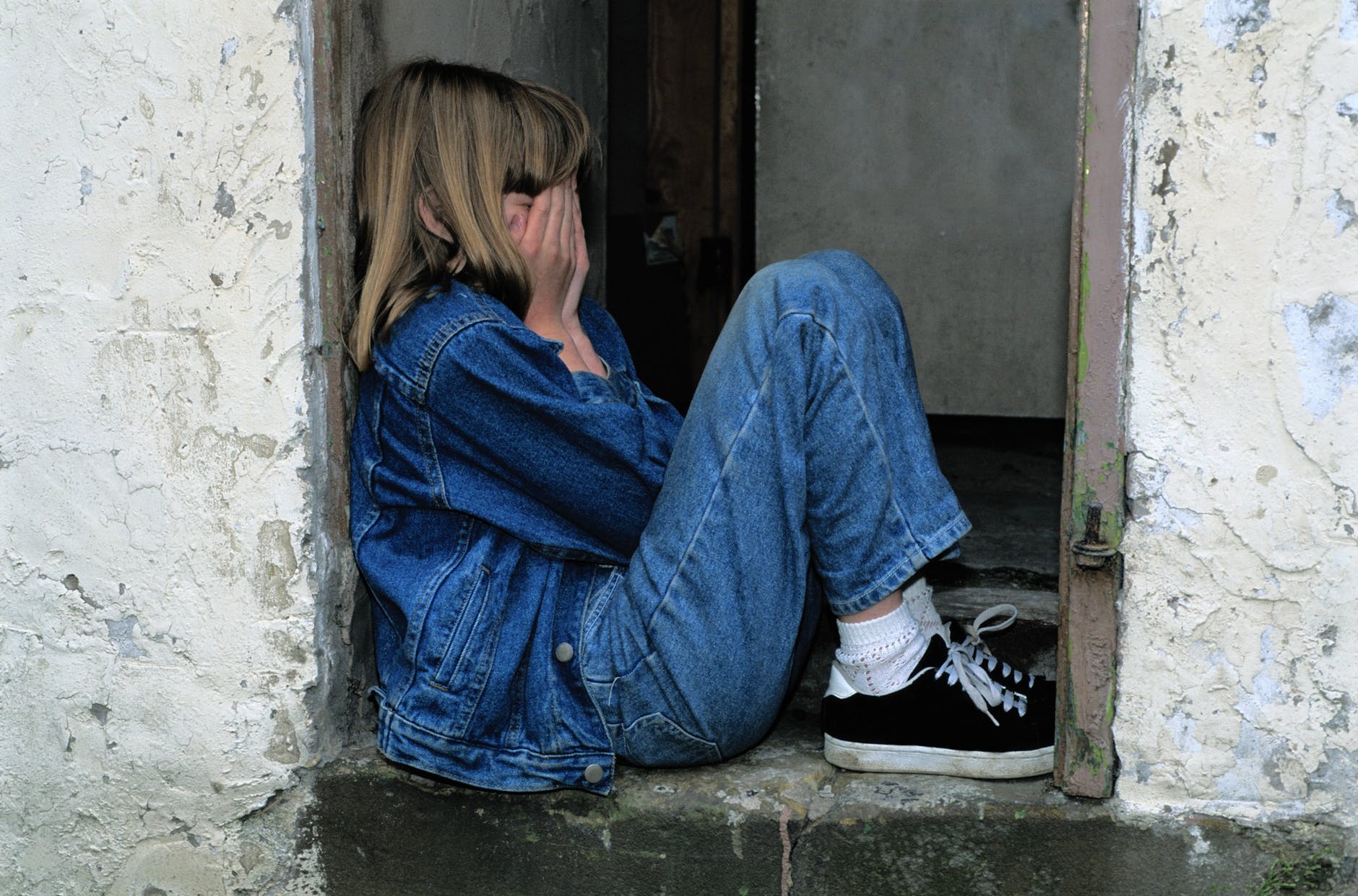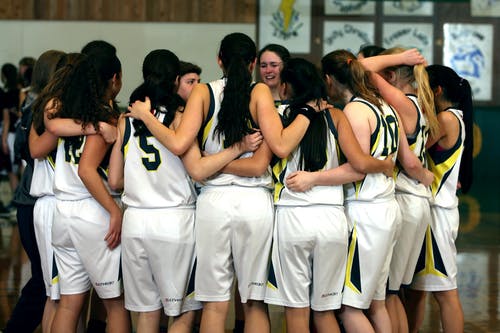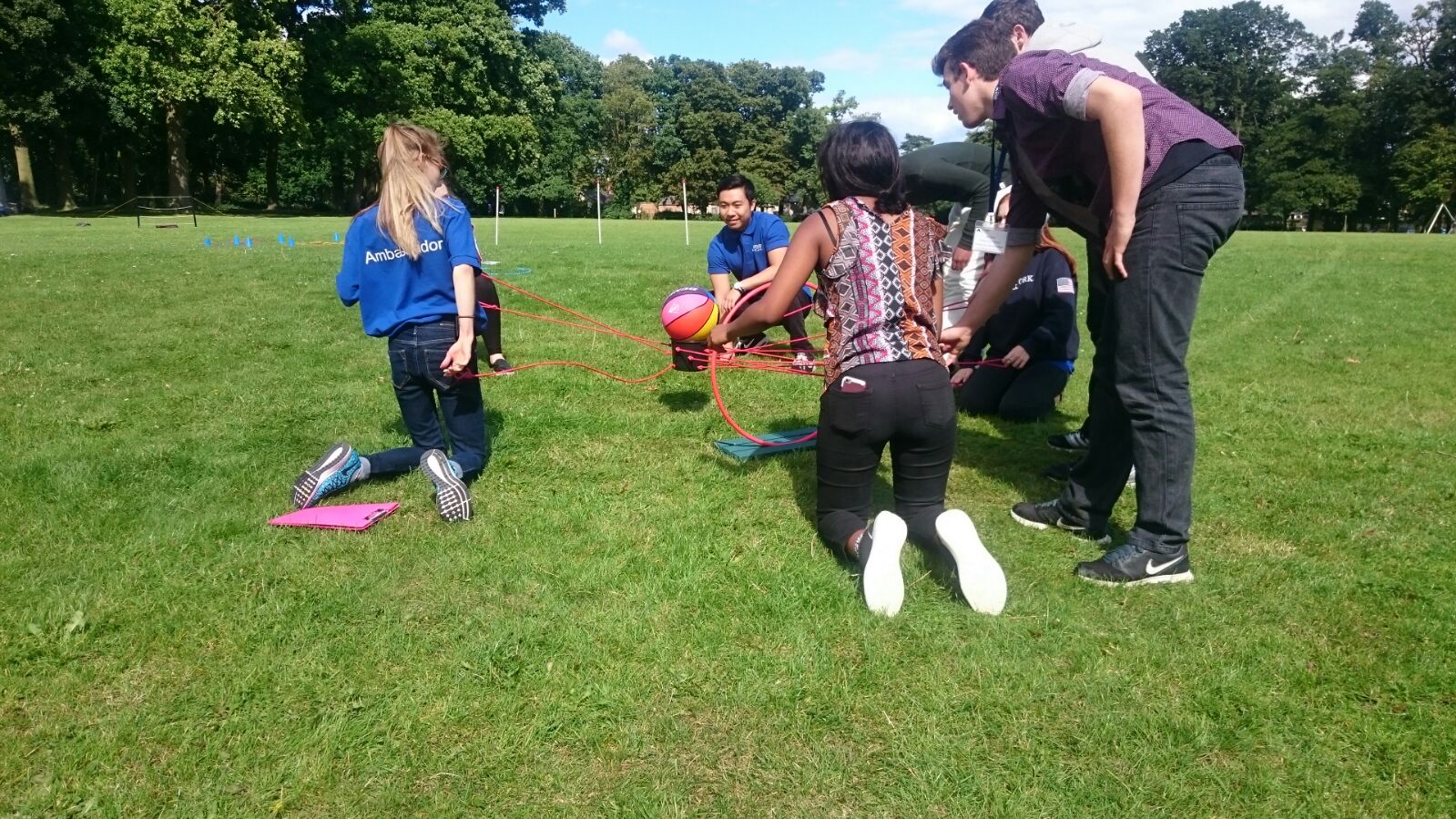The debate around competition has been going for many years – should children and young people participate individually and in teams against one another? With some schools banning ‘traditional’ events such as sports days in a move to reduce what is seen as the negative impact of losing, is this the best way to help or are students ultimately the ones losing out?
Unhealthy Competition
Competition has long been a part of most young people’s school day experience – from sports teams and debating societies to inter-house championships and student performance league tables. But over the years, the argument against these kinds of competitive activities has grown, largely centered around some of the psychological repercussions of being in a potentially cut throat environment.
Unhealthy competition can lead to young people suffering from insecurity and low self esteem as a result of the strong need for validation and attention they may receive when they win at something. This can also lead to cases of severe magnification, where seemingly unimportant events are treated by students as the most crucial happening, and should they not achieve a top result, deep depressions can follow. These are extreme examples, but what is interesting to note is that it is not the activities themselves which cause the most harm, but rather young people’s perception of winning and losing.

Image Source: Pexels
Healthy Competition
Whether we want them to or not, people begin competing from a relatively young age – youngsters always want to be the one at the front of the line or the one chosen to feed the class pet. And this follows them throughout their lives into adulthood – indeed, job searching is one of the biggest competitions many of us face, and it’s this that forms the argument for keeping competition in schools.
The important element for educators and coaches is to focus students’ attention on the values of healthy competition. Realising that it’s okay to not win all the time and to see that as an opportunity to improve one’s personal level. Showing good sportsmanship towards fellow team mates and opposing teams improves positive communication skills and fosters friendships. Learning respect and humility from following referees decisions, and accepting that often players don’t have all the correct information to make a judgement call whilst the referee does.
Ultimately, what benefits students will get from competing in teams and individually lies largely with the supervisors around them – teachers, coaches, instructors and parents in particular. As long as the focus is on the positive elements, and any negativity is taken as a chance to be built upon, young people can learn and thrive whilst having fun.

Image Source: Pexels
Are WiseUp Activity Days Competitive?
Here at WiseUp, we do enjoy a bit of healthy competition. However, all of our activity days are structured in such a way that they can be run to suit the needs of each different school we work with, so if a school wants the focus of the day to be on a different aspect, that is absolutely not a problem. Our Activities Team works closely with the lead teacher prior to every event to ensure the aims of the school are met.

Image Source: WiseUp Team Building
Get in Touch
If you would like to hear how our team can provide full or half day team building events at your school site, please use our easy enquiry form below or give us a call.
Title Image Source: Pexels
Return to Blog


